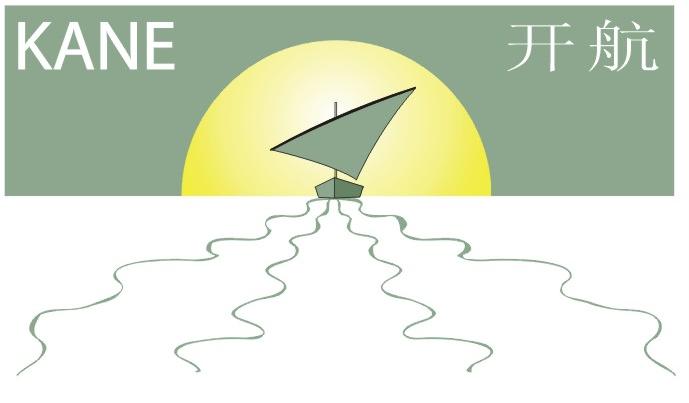It's been an eventful summer - May in Philadelphia, June and July in Shanghai and Beijing, and just wrapped up August in Philadelphia. Wharton-Lauder has been great so far. Let's kick off the fall by getting right into it. This past week, I saw two items of language in English and Chinese that highlighted amazing uses of colloquial language by Warren Buffett and a Chinese blogger, Cheng Shi.
Last week, Buffett, in classic form of criticizing the common Wall Street dogma showed what happens to speculators when it's time to pay the pied piper...
Speaking on Friday on CNBC television, Buffett said some housing-related businesses in his Berkshire Hathaway Inc conglomerate are struggling as the economy works off past excess in making credit available. 'You always find out who's been swimming naked when the tide goes out. We found out that Wall Street has been kind of a nudist beach,' said Buffett, who in March was called the world's richest person by Forbes magazine.(1) This English term is eerily similar to the Chinese idiom, 水落石出, one of my favorite classics, that means literaly, "Water recedes stone out." The English version, while a bit more colorful, is far less common than the Chinese version. But, what is most interesting is how they both perfectly identify the extent and shade of emotion that accompanies a financial crisis, namely, that speculators are left standing with not security at all, a plight that is ironically derived from the asset-backed securities which created the vanished wealth in the first place.
And herein lies the link to our next headline, taken from Chengshi's blog entry this week: 油价下跌:昙花一现还是趋势反转? (2) "Oil prices fall: is it a transient flower or the reversal of a trend." 昙花一现 means fleeting, transient, or vanishing as soon as it appears. Although the author goes on to lay out his reasons for the temporary nature of oil's recent retreat, one could read into it so much more about the state of the current world credit market. Is the volatility going to settle with a decline in world oil prices, or is the damage much deeper than investors are willing to admit?
From the view in China, there is no major economic slowdown or recession in sight. As a result, that is going to continue to put massive pressure on world commodities and drive consumer price growth worldwide. The moment at hand is thus an incredible buying period for cheap blue-chip stocks, especially those that are currently experiencing unreasonable price hammering due to credit exposure. Identifying which of these are consumer monopolies and destined to survive with high return on equity ratios is our mantra for purchasing enormous long-term returns today.(1) 22 August 2008 http://biz.yahoo.com/rb/080822/buffett.html
(2) 22 August 2008 http://cheng10.blog.sohu.com/

